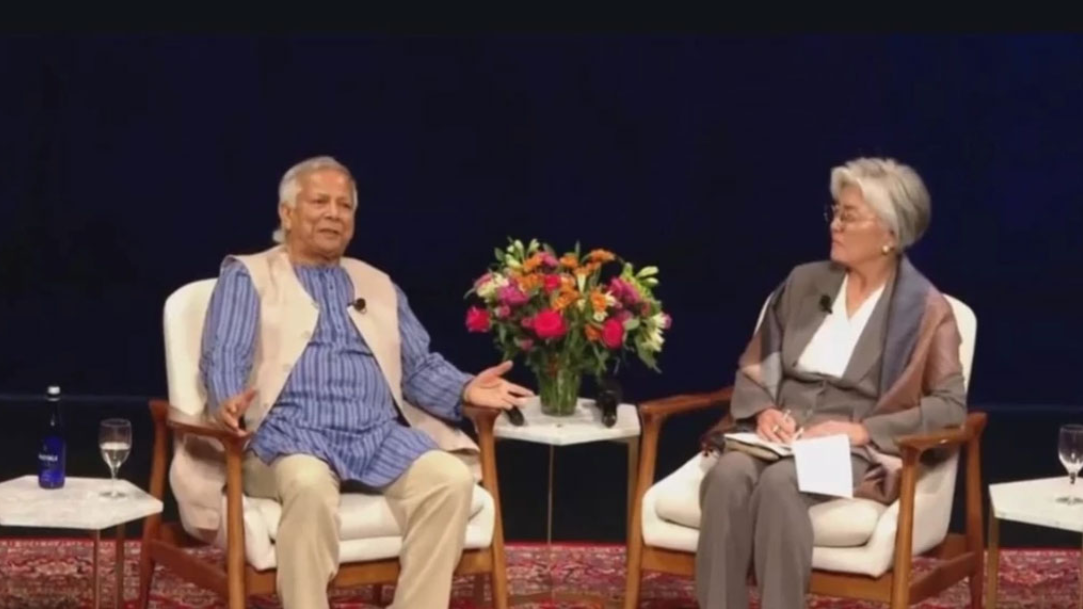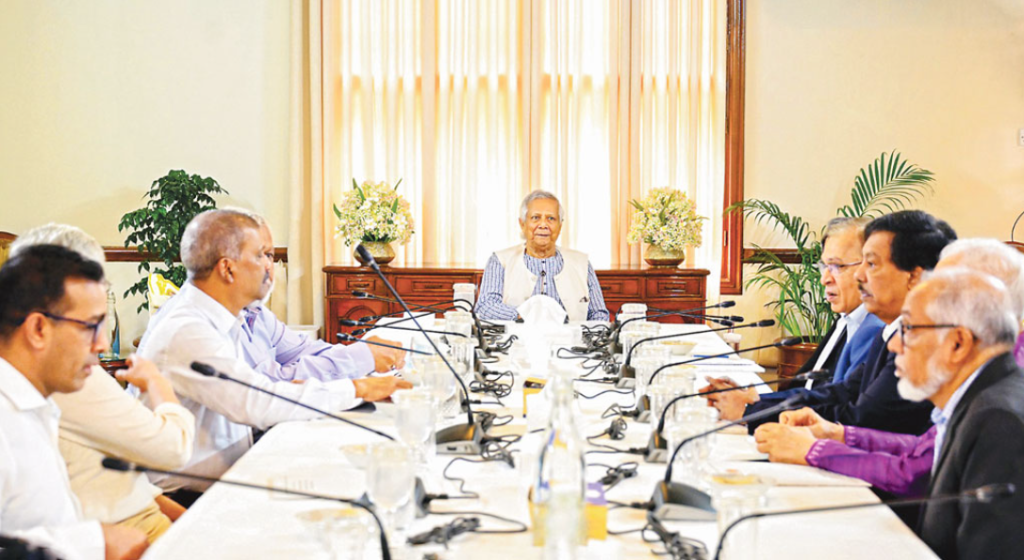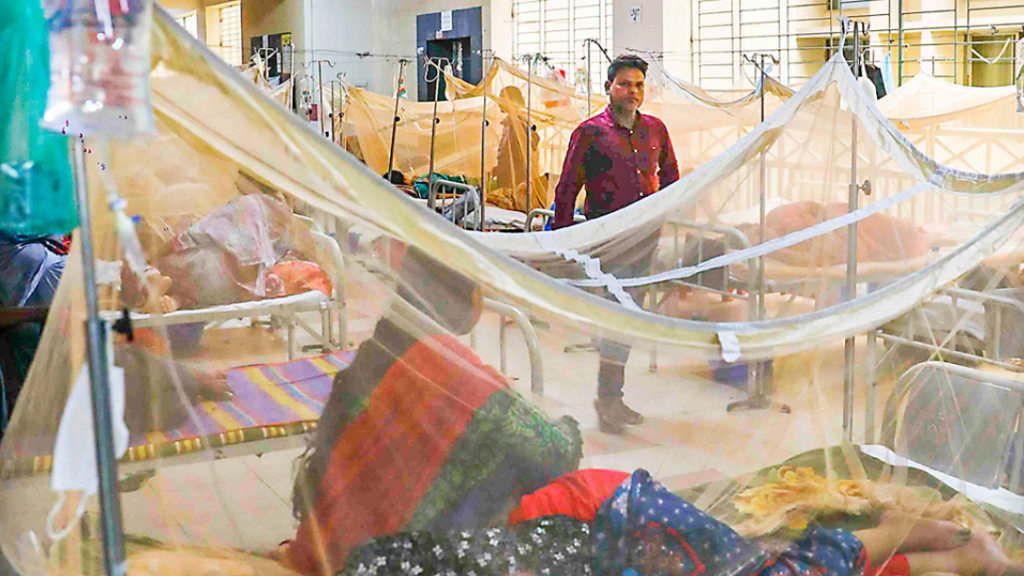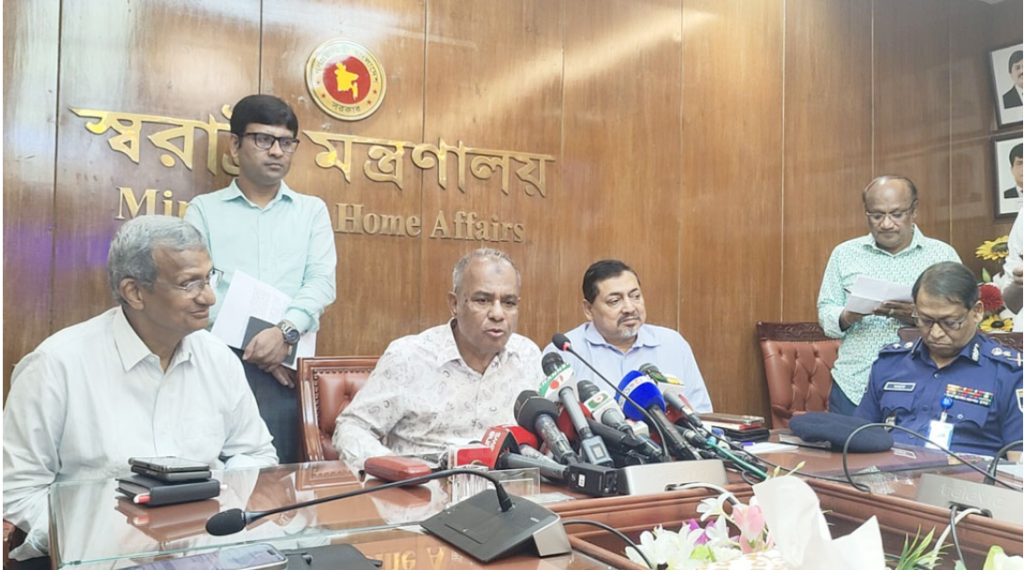Desk Report:
India did not like the fact that the Sheikh Hasina government was overthrown by a student-led uprising in Bangladesh. Due to this, relations with the neighboring country are not going well, said Dr. Muhammad Yunus, the chief advisor to the interim government.
Professor Yunus said this while speaking at an event organized by the Asia Society and the Asia Society Policy Institute in New York on Wednesday local time.
In his speech, the chief advisor, Professor Muhammad Yunus, emphasized the importance of regional economic cooperation. In this context, he also mentioned the current tension with India in the discussion.
According to the UNB news agency report, Asia Society President and CEO Kyung-Wha Kang hosted the event. The chief advisor introduced National Citizens Party (NCP) Member Secretary Akhtar Hossain and Senior Joint Member Secretary Tasneem Zara at the event.
Discussing regional cooperation, Professor Muhammad Yunus said, “We all benefit from this kind of cooperation (in the regional economy). So I said, we should think about the regional economy. That is what we should do. Now we have a problem with India. Because, they did not like what the students did.”
The chief advisor said, they (India) sheltered former Prime Minister Sheikh Hasina, who created all the problems and killed the youth.
Professor Muhammad Yunus said, “And this has created a lot of tension between India and Bangladesh. Apart from that, fake news is also coming from the other side (India). This is a very bad thing.”
Noting that there has been propaganda that Islamists have emerged in Bangladesh, the chief advisor said, “They said, they are Taliban and they have been trained.”
“They also said, I am also a Taliban. I do not have a beard, I just left it at home,” joked Dr. Yunus.
At this time, Professor Muhammad Yunus also highlighted the importance of regional organizations including SAARC. Talking about the regional economy, he said, ‘You can invest in Bangladesh. Bangladesh will also invest in your country. This is the idea of SAARC.’
Regarding SAARC, the Chief Advisor said that the entire idea of SAARC was created in Bangladesh and Bangladesh promoted this idea in the capitals of South Asian countries. He said, SAARC is like a family, whose main idea was to bring South Asian countries together. Young people should be able to stay in touch with each other, participate in education and business.
The Chief Advisor said that it is very important to visit each other’s countries, build friendships, study in universities and colleges and conduct business activities within the countries.
Professor Muhammad Yunus said, ‘This is the main idea. However, some time ago it did not suit the political situation of one country. So we were forced to postpone it. We are sorry and want to bring everyone together again. This is the only way to solve our problems.’
Professor Muhammad Yunus further said, ‘I said, why don’t you look at the neighbors like Nepal, Bhutan and the seven states of India? There are seven states in the eastern part of Bangladesh, which have no connection with the sea. These are landlocked regions.’
The chief advisor said, ‘The current chair of ASEAN is Malaysia. It is not easy to come to an agreement with everyone, especially Myanmar, which has problems with the Rohingya. That is why they may not come forward, but we will continue to work. We do not think this will create a permanent conflict between Myanmar and Bangladesh. We do not need to do that. So all the problems have to be solved. The Rohingyas can return to Myanmar if they want, they can return to their homes, businesses and professions.’
The chief advisor said, ‘We will have good relations with Myanmar. It is not beneficial for anyone to have conflicts with each other. So the problem has to be solved.’
Noting that Bangladesh has the opportunity to become an informal member of ASEAN, Professor Yunus said, ‘We can do it. ASEAN is a good platform where regional coordination and interconnection can be built.’




